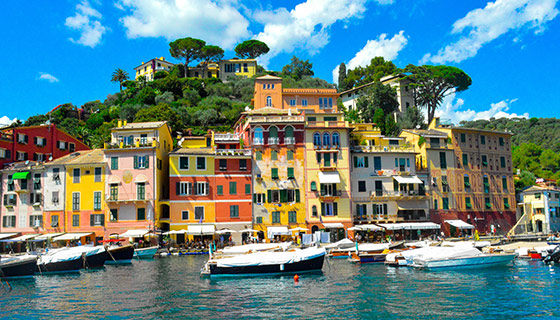Portus Delphinic: Unveiling the Mysteries of an Enigmatic Term
“Portus Delphinic” evokes a sense of mystery and curiosity, hinting at a place or concept that intertwines history, mythology, and perhaps even a touch of fantasy. Despite its elusive nature, let’s embark on an exploration to uncover what “Portus Delphinic” might represent, drawing from historical references and imaginative interpretations.
Origins and Meaning
The term “Portus Delphinic” combines Latin and Greek elements. “Portus” is Latin for port or harbor, suggesting a maritime connection, while “Delphinic” relates to dolphins, often symbolizing intelligence, grace, and playfulness in ancient mythology. Together, “Portus Delphinic” could imply a harbor or port associated with dolphins, either literally or metaphorically.
Historical Context
In ancient times, dolphins held significant cultural and mythological symbolism. They were revered in Greek mythology as creatures associated with gods and heroes, often depicted as helpers of sailors and symbols of protection at sea. Greek ports and harbors sometimes bore names reflecting these associations, although specific references to “Portus Delphinic” in historical records are scarce.
Mythological Interpretations
Given the mythical connotations of dolphins, “Portus Delphinic” might invoke imagery of a mythical harbor where dolphins were believed to frequent or play a role in folklore. In Greek mythology, dolphins were linked with the sea god Poseidon and stories of transformation and rescue. They were seen as benevolent creatures guiding lost sailors or rescuing shipwrecked individuals, adding a mystical dimension to any place bearing their name.
Literary and Artistic References
The allure of “Portus Delphinic” extends into literature and art, where it could inspire poetic interpretations or imaginative narratives. Writers and artists throughout history have drawn upon the symbolism of dolphins and harbors to craft tales of adventure, exploration, and the mystical allure of the sea. From ancient epics to modern fiction, the motif of dolphins and harbors continues to captivate imaginations and evoke a sense of wonder.
Contemporary Significance
In contemporary contexts, “Portus Delphinic” might be used metaphorically to denote a safe haven or a place of refuge, reminiscent of the protective symbolism associated with dolphins in ancient mythology. It could also inspire themes of conservation and environmental stewardship, reflecting efforts to protect marine life and preserve natural habitats where dolphins thrive.
Speculative Interpretations
Beyond historical and mythological perspectives, “Portus Delphinic” invites speculative interpretations that blend imagination with the allure of the unknown. It could evoke visions of a hidden harbor in a remote corner of the world, where dolphins play in crystal-clear waters under azure skies. Such interpretations resonate with themes of discovery, exploration, and the timeless fascination with nature’s mysteries.
Conclusion: Embracing the Enigma of Portus Delphinic
In conclusion, “Portus Delphinic” transcends its literal meaning to embody a blend of historical intrigue, mythological symbolism, and imaginative possibilities. Whether viewed through the lens of ancient mythology, literary inspiration, or contemporary metaphor, the term invites us to contemplate the profound connections between humanity and the natural world. As we navigate the depths of its meaning, “Portus Delphinic” reminds us of the enduring allure of dolphins, harbors, and the timeless quest for understanding and connection with the mysteries that surround us.
